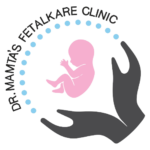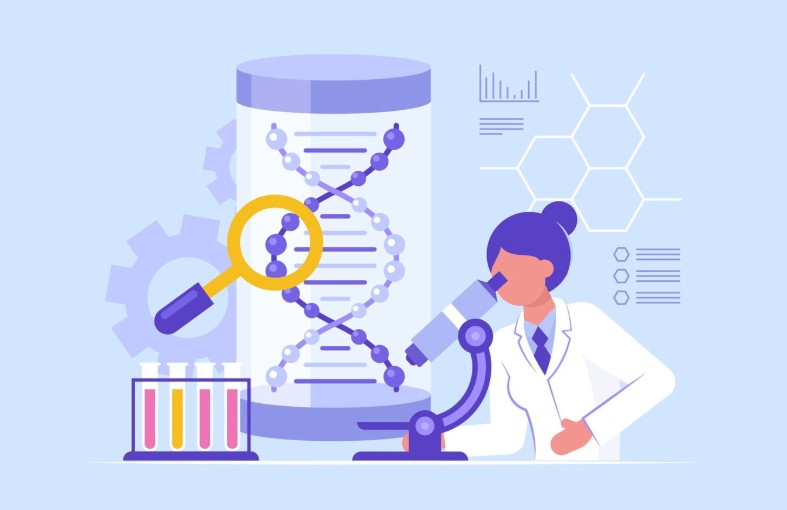Pregnancy is a time of joy, hope, and planning for the future. But for some families, it also brings questions and concerns about the health of their unborn child—especially when there’s a family history of genetic disorders or advanced maternal age. This is where genetic counseling becomes a valuable tool in prenatal care.
Genetic counseling is a process that helps parents understand the risks of inherited conditions, the options for testing, and what those results might mean for their baby and family. It is offered by trained professionals, often as part of high-risk pregnancy care, to support informed decision-making and early interventions.
What Is Genetic Counseling?
Genetic counseling is a specialized consultation aimed at evaluating the risk of inherited genetic conditions or birth defects in a pregnancy. It involves:
- Taking a detailed family and medical history
- Explaining how certain conditions can be passed from parents to children
- Discussing the options for genetic testing, including screening and diagnostic tests
- Supporting emotional and psychological concerns about the risks and outcomes
Genetic counselors help interpret complex genetic information in simple, understandable terms, allowing expecting parents to make confident and educated choices.
When Is Genetic Counseling Recommended?
Genetic counseling is not required for every pregnancy, but it becomes essential in several scenarios, including:
- Advanced Maternal Age (35 years or older)
The risk of chromosomal conditions like Down syndrome increases with maternal age. - Abnormal Screening or Ultrasound Results
If a blood test, NIPT, or anomaly scan shows signs of a potential concern, counseling helps determine the next steps. - Family History of Genetic Disorders
If either parent or close relatives have a history of inherited conditions like thalassemia, sickle cell anemia, cystic fibrosis, or muscular dystrophy, counseling is essential. - Previous Pregnancy with a Genetic Condition
Parents with a previous child affected by a genetic disorder should consider counseling before or during their next pregnancy. - Consanguineous Marriage (related by blood)
Such couples may have a higher chance of passing on recessive genetic conditions. - Recurrent Miscarriages or Infertility
In some cases, underlying chromosomal abnormalities may be the cause and require genetic evaluation.
Benefits of Genetic Counseling
- Personalized Risk Assessment: Couples receive tailored information based on their history and test results.
- Clarity on Testing Options: Counseling helps decide between screening tests (non-invasive) and diagnostic tests (like amniocentesis or CVS).
- Emotional Support: Understanding genetic risks can be overwhelming, and counseling offers guidance, reassurance, and support.
- Informed Decisions: Whether continuing pregnancy, preparing for a child with special needs, or exploring treatment options, parents feel empowered.
Expert Advice Matters
For high-risk pregnancies, seeking care from a skilled Maternal Fetal Medicine Specialist ensures comprehensive evaluation and support. Dr. Mamta Phogat, known as the best Genetic Counseling Doctor in Faridabad, offers expert genetic counseling and diagnostic services to help families navigate pregnancy with clarity and confidence.
Conclusion
Genetic counseling isn’t about creating fear—it’s about planning ahead, knowing your options, and ensuring the best possible outcome for your baby. Early knowledge leads to better care, and when it comes to your baby’s health, expert guidance can make all the difference.

